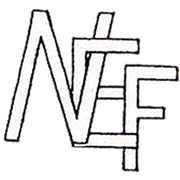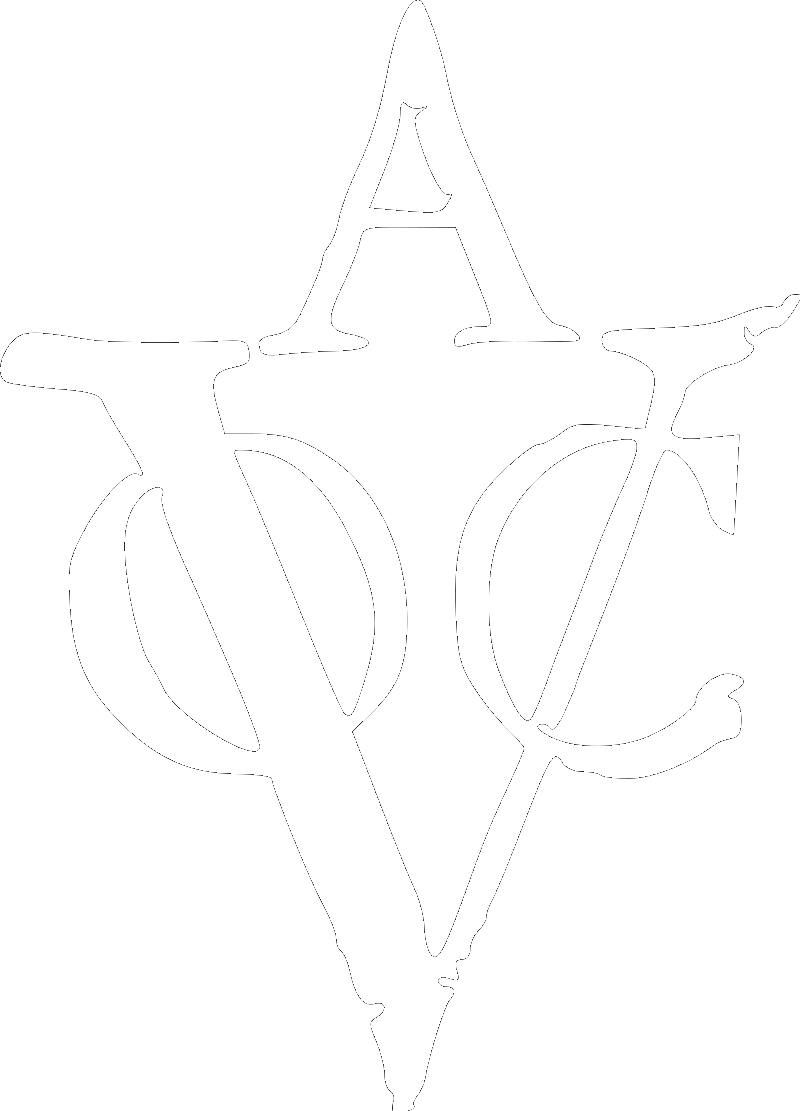Klaas Woldring
Klaas Woldring’s life as an academic, political activist, and notable supporter of the Dutch community in Australia, has taken him The Netherlands to South Africa, Northern Rhodesia, Norway, Spain, Germany, Malta and the Solomon Islands. An interesting life!
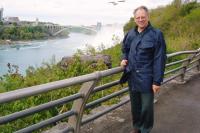
- Date of birth: 2 July 1934, Groningen, the Netherlands
- Arrival in Australia: Sydney, 26 May 1964
- Naturalisation: 11 July 1969
- Wife: Aafke Jeannette Woldring (nee Van Oostrum), born in Utrecht, 14 October, 1936
- Children: Hans Siewert, born 4 April 1959 in Durban; Eke Lucina, born 23 January 1962 in Capetown; Karin Annabelle, born 9 December 1969 in Sydney, and Oliver James, born 24 September 1971 in Sydney.
Educational qualifications
- Ph. D – International Relations of Southern Central and Eastern Africa, University of New South Wales, 1974.
- M.A. – Political Science – Comparative Federalism, University of Sydney, 1969.
- B.A. – University of South Africa (Distance education – three majors: Economics, Politics and Public Administration), 1968.
- Diploma Hotel Management, The Hague, Holland, 1959 (2 year course).
- Place of residence: Pearl Beach, Central Coast, NSW.
Nature of contribution to Australia: International hospitality industry 4.5 years (Hilton, Sydney); Teaching and researching in tertiary education: 28 years (Sydney and Lismore). Published research on Republics, Employee Share Ownership, Industrial Democracy and Migrant Experiences.
Awards: 20 years academic service to Southern Cross University, Lismore.
Klaas’ story:
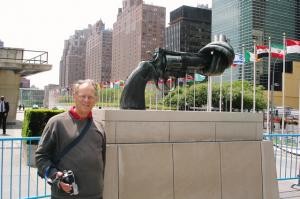
Klaas was born in Groningen and his wife Aafke in Utrecht but she moved soon after birth to a farm in Munnekezijl near Groningen on the Friesian border. After meeting each other on his 19th birthday in 1954 they became high school sweethearts – not knowing at the time that their life together would take them to Amsterdam, The Hague, South Africa, Zambia and later Australia.
In 1959, Klaas gained a Diploma in Hotel Management in The Hague and Aafke trained as a registered nurse in Amsterdam later completing her midwifery qualifications in Scheveningen.
Two months after their marriage in October 1959 they migrated to South Africa and lived there for two and a half years before spending an additional two years in Northern Rhodesia (now Zambia). During this time, Klaas was employed in hotel management.
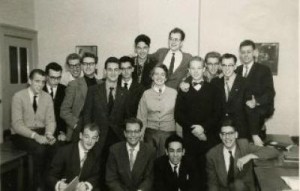
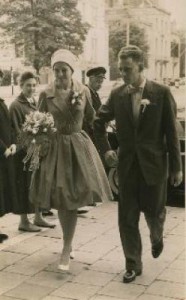
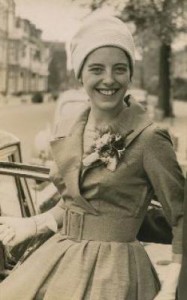
Both Klaas and Aafke very much disapproved of Apartheid, which was then in its infancy, and they campaigned against it for several years. This made a strong impact upon their lives, for after migrating to Australia in mid-1964, Klaas embarked upon a serious study of government, race relations and political economy in tandem with working as a Reception Desk employee at Chevron Hilton Hotel in Potts Point for four and a half years.
He achieved his Bachelor of Arts (BA) in 1968 and then began his Master of Arts (MA) the following year. This led to a change of career following his appointment as a tutor in Political Science at the University of New South Wales (UNSW) in January 1970. For the next five years he tutored in a range of subjects including Australian Government. He completed his PhD on the International Relations of Southern Central and Eastern Africa, 1953-1973, at the University of New South Wales in 1974.
During this time, Aafke gained a further qualification in nursing and soon found employment as a Sister in a Baby Health Clinic. In January 1975, the family moved to the large country town of Lismore in Northern New South Wales where Klaas was appointed Lecturer in Political and Administrative Studies at the Northern Rivers College of Advanced Education. His role then expanded and he lectured in range of private sector management subjects. When the College was incorporated into the Southern Cross University, Klaas was promoted to Senior Lecturer and later Associate Professor.
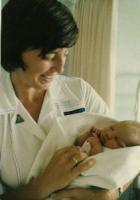
During this time, Aafke also had a very distinguished career as an Early Infant Sister in the Northern Rivers area. Their four children – Hans, Eke, Karin and Oliver – had the opportunity to grow up in a beautiful part of Australia and in a healthy environment. (They all proceeded to complete academic studies and to gain interesting jobs.)
In the early 1980s, the family spent two more years in Zambia, where Klaas taught as a Senior Lecturer at the University of Zambia. After his return to Australia, he had become, by the mid-1990s, Head of the School of Management and Marketing, Southern Cross University and also Chair of the Business Faculty Board for several years. He retired on 1 January 1999 and the family moved back to Sydney.
Klaas recalls many remarkable and funny experiences, many worth writing a book about, and includes one small example here. Many students and Australian friends had difficulty with their names.
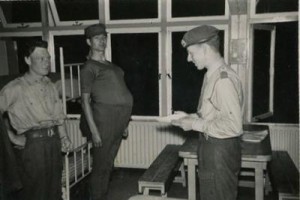
Over the years, he recorded more than 50 ways of writing the name ‘Klaas’ and around 45 ways of misspelling ‘Woldring’. However, there have been even more variations of the spelling of Aafke’s name, and it has become a kind of a competition between them. Deciding not to change name, Klaas would begin each academic year showing new students every variation of his name on the overhead projector. Students found it hilarious and obligingly came up with even more variations.
Aafke had the same problem, as the double-a in her name is atypical in the English language. Some of the new mothers visiting her clinic would remember her name as AGFA and, when they forgot that, would greet her as ‘Hello Kodak’!
Not a poetic exaggeration we are told, but a true story. Even more recently, the mainstream community still have difficulty with their names. When preparing for the wedding of the second daughter with private refresher dancing lessons, the instructor asked them their names. ‘Klaas and Aafke,’ they replied. He listened, he paused a moment, and then said: ‘Do You mind if I call you John and Mary?’ Another true story.
Retirement in Sydney created an opportunity for a range of new activities. Klaas taught part-time at the University of Western Sydney from 1999-2000 and the Macquarie University in 2000. He also designed and taught short courses on Republics and their Presidents at the Workers Education Association and is now active in the Friends of the Australian Broadcasting Corporation (ABC), is Secretary of the Australian Employee Ownership Association (AEOA), President of the Dutch Australian Cultural Centre (DACC), a Board member of DAS Neerlandia and, during 2006, a committee member of Australia on the Map 1606-2006 in New South Wales. In addition, he has helped to form a new political party, the Progressive Labour Party and is a member of Beyond Federation and of Republic Now!
As an academic, Klaas has conducted research in Norway, Mondragon (Spain), Maastricht, Berlin, Malta and the Solomon Islands. He has taught Government, Management, International Human Resource Management (IHRM), and Workplace Democracy, and has published four book books: Beyond Independence – Development in Zambia (1984), Business Ethics in Australia and New Zealand (1996), AUSTRALIA – Republic or US Colony? (Lulu Press, 2005), and How about OUR Republic? (BookSurge Publishing, 2006). He also published some 40 academic articles on politics, management, employment relations, ethics and cultural diversity.

Klaas has been very active politically. He was a member of the Australian Labor Party (ALP) and twice contested the federal seat of Richmond as their local candidate in 1984 and 1987. Later he was a candidate for the Progressive Labour Party in 1999 for the New South Wales (NSW) Upper House in 1999 and for the Senate in 2001 and 2004. He says that while Australia has had much to offer in terms of opportunity to migrants and refugees there is in existence a kind of ethnic ceiling, which results in the wasting of skills at senior and professional levels. The sooner this goes, he says, the better. In his view, Australia is politically backward, is in urgent need of system renewal on all fronts, which is not forthcoming from either of the major political parties. He would like to see the Constitution totally re-written rather than simply updated.
In recent years, Klaas and Aafke have become much more involved with Dutch immigrants and their clubs than ever before. In Lismore, they encountered very few Dutch immigrants and there were no Dutch Clubs at all. In recent years, it is very clear that the members of all Dutch Clubs are ageing and Klaas and Aafke are aware of the special problems that this presents, including the transition to a younger generation of Dutch descendants – probably the third rather than the second generation.
The relationship of Dutch expatriates – often a generation younger, well educated and in well-paid positions – represented by Dutch Link, particularly presents another interesting dimension in this transition. Within the skills, energy and connections of this younger cohort, there is the capacity to benefit the entire Dutch community throughout Australia and there are already indications that this is happening.
In his present roles as Dutch Australian Cultural Centre (DACC) President and Neerlandia Board member, Klaas has unique opportunities to contribute to the promotion of Dutch interests and culture. This was particularly evident during 2006, when so many festivities were organised to celebrate the 400 years of bi-lateral relations between the Dutch and the Australian continent.
Beyond the Dutch-Australian connections, Klaas is also linked to other ethnic groups and bodies such as the NSW Community Relations Commission, Ethnic Affairs Council, Australian National Archives, Mitchell Library in Sydney, the Royal Australian Historical Society (RAHS), the Islamic community, and to several museums and research centres involved with the advancement and protection of migrant histories. There is a small group of eminent researchers of Dutch origin in Australia who have written about quite remarkable activities of several Dutch immigrants who, perhaps somewhat invisibly, have nevertheless made huge contributions to the economic, social and cultural life of Australian society.
“The relationship of the DACC with the Dutch Embassy and Consulate-General has been particularly cordial”, Klaas says. “There is always the preparedness and interest there to assist in whatever way possible.”
Compiled: October 2006 by Dr Klaas Woldring

















